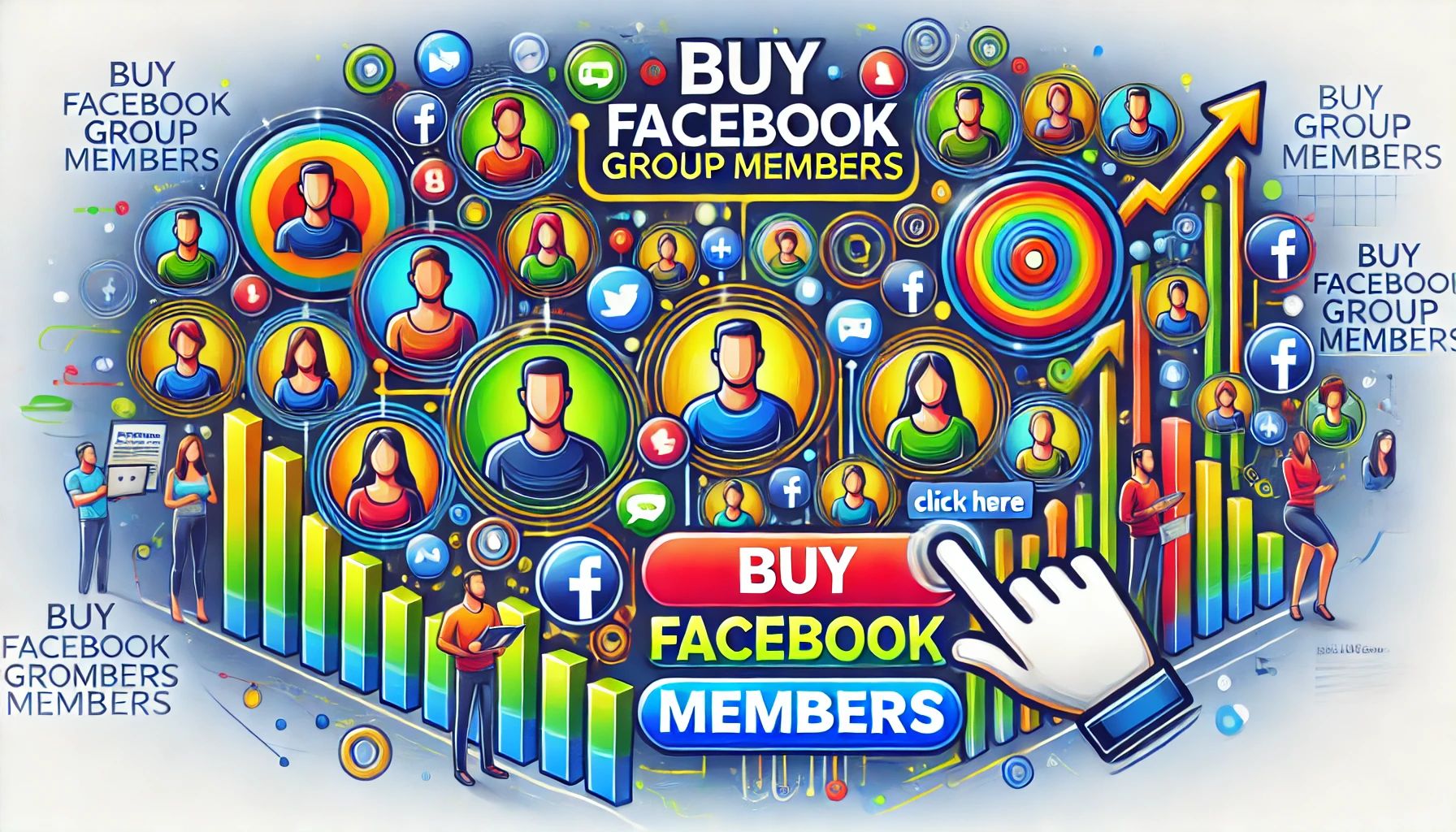With millions of Facebook groups available, standing out and attracting new members can be challenging. Just like optimizing a website for Google, Facebook groups benefit from strategic SEO (Search Engine Optimization) to improve their visibility in Facebook’s search results. The better your group ranks, the more organic traffic and potential members you can attract.
Here’s how to master Facebook Group SEO and boost your group’s discoverability.
—
1. Choose a Keyword-Rich Group Name
Your group name is the most important factor in Facebook’s search algorithm. It should clearly describe the group’s purpose and include keywords your target audience might search for.
Best Practices:
Use simple, clear language that highlights the niche (e.g., “Digital Marketing for Beginners” or “Healthy Recipes for Busy Moms”).
Avoid overly creative or vague names – clarity beats cleverness in search results.
Keep it concise but descriptive (3-5 words is ideal).
—
2. Craft a Detailed and Optimized Description
The “About” section of your group serves as a secondary place for keywords. A well-crafted description helps Facebook’s algorithm understand the relevance of your group.
How to Optimize:
Use primary keywords naturally throughout the description.
Outline the benefits of the group and what members can expect.
List relevant topics and areas of discussion.
Example: “Welcome to Healthy Recipes for Busy Moms – a community for sharing quick, nutritious recipes. Whether you’re looking for meal prep tips, family dinners, or healthy snacks, this group has you covered.”
—
3. Select the Right Tags and Categories
Facebook allows you to add tags to your group, which are critical for discoverability. Tags function as keywords and help your group appear in searches related to those terms.
Steps:
Go to Settings → Customize Group → Tags.
Add 5-10 relevant tags that describe your group’s focus (e.g., fitness, parenting, marketing).
Choose broad and specific tags to cover a range of topics.
—
4. Use Relevant Keywords in Posts and Announcements
Facebook tracks the content within your group. Regularly posting about topics related to your niche reinforces your group’s relevance for those keywords.
Tips:
Create posts and announcements that naturally incorporate keywords.
Use variations and related terms (e.g., “healthy meals,” “quick dinners,” and “easy recipes”).
Engage members by encouraging keyword-rich discussions.
—
5. Customize the URL for Your Group
A custom URL not only looks professional but also improves SEO. Make the URL keyword-focused and easy to remember.
Example:
facebook.com/groups/HealthyRecipesMoms
facebook.com/groups/MarketingForBeginners
—
6. Encourage Engagement and Interaction
Engagement signals to Facebook that your group is active and valuable. The more people engage, the higher your group ranks in search results.
How to Increase Engagement:
Ask questions and create polls regularly.
Host live Q&A sessions.
Respond to posts and encourage members to participate in discussions.
Use interactive content like challenges, quizzes, and giveaways.
—
7. Leverage Group Topics and Units (Guides)
Facebook allows you to organize posts under Topics or Guides. This structure helps Facebook recognize what your group is about, boosting SEO.
Steps to Implement:
Organize posts by topic (e.g., “Beginner Marketing Tips” or “Family Dinner Ideas”).
Create Guides with valuable content that members can reference.
Ensure topics are keyword-rich but natural.
—
8. Optimize Your Group’s Cover Photo
While not directly related to SEO, your cover photo impacts first impressions and conversion. A clean, branded, and visually appealing cover that reflects the group’s purpose can increase joins.
Include:
Group name or tagline.
A call to action (e.g., “Join for Free Tips!”).
Visual elements that align with your niche.
—
9. Link Your Group to a Facebook Page
Linking your group to an existing Facebook Page adds credibility and boosts visibility. Pages typically rank well, and linking the two can drive traffic from the Page to your group.
How to Link:
Go to Group Settings → Linked Pages → Select your Page.
Actively promote the group on the Page.
—
10. Encourage Reviews and Testimonials
Positive reviews improve credibility and can indirectly boost visibility. Encourage members to leave feedback or testimonials about their experience in the group.
Ways to Get Reviews:
Ask members to share how the group has helped them.
Run a “Member Appreciation” post, asking for testimonials.
Highlight positive stories and pin them to the top of the group.
—
11. Cross-Promote on Other Platforms
Drive external traffic to your group by promoting it on Instagram, LinkedIn, YouTube, or through your email list. The more traffic your group receives, the more Facebook recognizes its value.
Ideas:
Share group links in Instagram stories.
Embed the group link in YouTube video descriptions.
Promote the group in your email signature or newsletters.
—
12. Monitor and Analyze Group Insights
Use Facebook’s Group Insights to track engagement and see which posts perform best.
Identify high-performing keywords and topics.
Double down on content that drives the most engagement.
Adjust your strategy based on what resonates with members.
—
13. Consistency is Key
Consistency signals to Facebook that your group is active and valuable. Regular posting and engagement keep the group alive and rank higher in search results.
Pro Tip: Create a content calendar and schedule weekly posts to maintain activity.
—
Final Thoughts
Optimizing your Facebook group for SEO isn’t just about search rankings – it’s about creating a community that consistently delivers value. By implementing these strategies, you’ll not only boost your group’s visibility but also attract the right members who are engaged and eager to participate.
Invest the time to refine your group’s SEO, and you’ll build a thriving community that grows organically over time.






